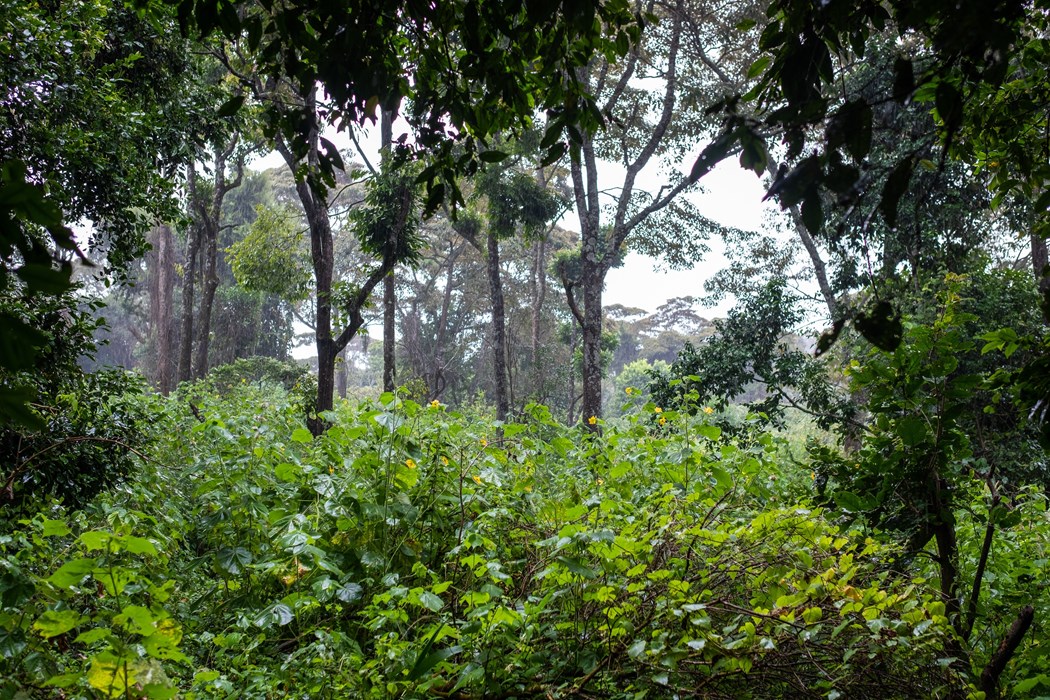
After decades in this discussion, Nutreco saw promising possibilities in the work that was occurring in the Brazilian Cerrado biome with the Cerrado Working Group (or GTC in its native Portuguese acronym), a multi-stakeholder grassroots committee made up of the major soy traders and local NGOs. Preliminary agreements were reached to protect the entire Cerrado biome from further deforestation for soybean cultivation whilst recognising landowner rights to generate income from their land. Consensus was also achieved allowing landowners to complete the process of obtaining permits to legally deforest their land (and by doing so, ensure that all land title documentation was in order), but rather than utilise that permit, they would submit it unused in return for the payment for environmental services (PES) long-term rental agreement.
